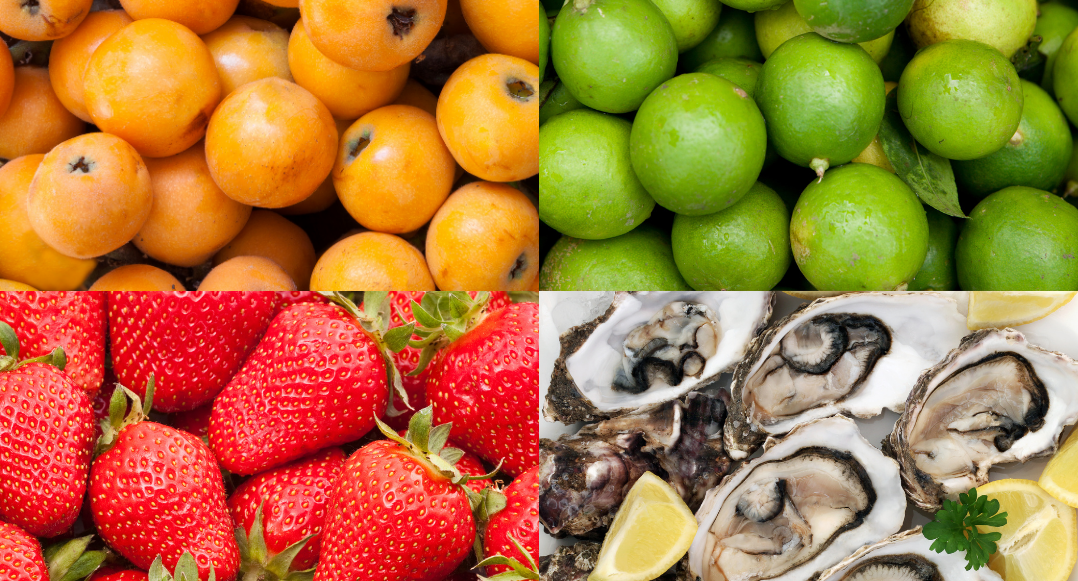
Follow Up: February Florida Food Forum
Florida Food Festivals
If you were unable to attend the meeting, the full presentation is available online here.
To keep the conversation going, please visit our forum on Florida Food Festivals here to add your thoughts and comments.
On Friday, February 26th, the Florida Food Forum on "Florida Food Festivals" featured guest speakers John Solomon, President of the Florida Seafood Festival and Jennifer Morgan, Public Relations and Media Representative of the Florida Strawberry Festival. Boyzell Hosey, Co-organizer of the Tampa Bay Collard Green Festival also spoke during the event.
“The food festivals, based on local food production, are a vital part of building a sustainable food system and establishing food sovereignty in a community,” Dell deChant, Chair of the Policy Committee and Host of the forum, noted at the start of the program.
During the forum, presenters touched on a number of topics including the history of the festivals, how they have adapted during COVID-19, some of the challenges they face and what they bring to their local communities.
First to present was John Solomon who began by explaining how the Florida Seafood Festival came to be.
The roots of the festival go back to 1914 when the first “King Retsyo” (which is ‘oyster’ spelled backwards) was crowned at Mardi Gras. Over time the festival has had many names such as "Harbor Days,” and “Apalachicola Seafood Festival." It wasn’t until 1963 when the Florida legislature gave it the title of "Florida's Oldest Maritime Event" that the festival took on its current name as the “Florida Seafood Festival”
John explained that about 28 to 29,000 people attend the 2-day festival each year, which is almost 10 times the local population, making the festival a big economic driver for the area and the community. By promoting the seafood industry in Franklin and surrounding Counties, the festival plays a role in the survival of the local communities.
Especially after Hurricane Michael in 2018, the festival saw an amazing turnout of 24,000 attendees, which gave a much-needed boost to the local economy. Now with COVID-19, the festival has had to navigate new challenges. In 2020 the festival shut down for the first time in its history, but this year, the festival will be back with COVID safety protection the first weekend of November.
With certain policy challenges like the closing of the bay for wild oyster harvesting, the festival has shifted to supporting local aquaculture and promoting education on harvesting processes. Going forward, John hopes that the festival can be more involved in policy changes.
“We always have a philosophy at the festival, ‘We do not change what we do, we enhance what we do’” he said.
Some of the features of the festival are its maritime exhibit, food booths and arts and crafts. For local non-profits the festival also allows fee-free space rentals to sell local food at the festival which supports both the local producers and the organizations.
Next to present was Jennifer Morgan from the Florida Strawberry Festival.
The Florida Strawberry Festival dates back to the 1930s when members of the newly organized Plant City Lions Club decided to give back to the community and celebrate the bountiful harvest of strawberries. In fact, more than 10,000 acres of strawberries are planted annually in the local area and there are some 2,800 farms in Hillsborough County that produce fruit and vegetable crops with an annual value of over $360 million.
Similar to the Florida Seafood Festival, the Florida Strawberry Festival is also run by volunteers. The Board of 24 members and associates, as well as more than 8,000 volunteers make the event possible every year. Even in light of the pandemic, Jennifer noted that because of such strong community support, the 2020 festival was the third most successful to date.
Every year the festival hosts around 7 livestock shows and about 300 exhibitors. In 2020, the net sales from the steers, swine and plants came out to a little under $1 million.
Because the festival is an agricultural fair, one of their goals is to help support agriculture and youth in the community. One of the ways the festival does this is in the form of scholarships. In 2020 alone, the festival was able to give back almost $1.3 million to youth in the community. The festival also partners with local food banks each year and donates to local churches and organizations that participate in the event.
In light of the pandemic, the festival has had to adapt, especially its programming and safety measures. In order to make sure the 11-day event is prepared, festival organizers have worked closely with the State Health Department and CDC to follow all necessary mandates to keep attendees safe. The festival will run from March 4th to March 14th, 2021.
Last to speak was Boyzell Hosey, who began by sharing the history Tampa Bay Collard Green Festival.
Educating the community on the special technique of cooking collard greens in a pressure cooker is what led to the initial festival in 2018. Similar to the Florida Seafood Festival and Florida Strawberry Festival, the goal of the Tampa Bay Collard Green Festival is to do good for the local community, especially where there is suffering from food inequities and food insecurity.
In 2020, about 3,000 people attended the festival in the heart of Midtown, St. Petersburg. Some of the partners of the festival were the Dr. Carter G. Woodson African American Museum, Johns Hopkins All Children Healthy Start Program, the American Culinary Federation of Tampa Bay and the St. Petersburg Free Clinic.
Although the festival usually takes place in February, this year the one-day festival will be held on May 15th. Because of the pandemic, this year’s festival will be held in a hybrid format, with programming both in person and online. Boyzell said that one of the main features of the festival will be a “drive-thru” collards giveaway and other special in-person and virtual experiences.
With the conclusion of the presentations, the Q&A session began, which allowed speakers to go into greater detail about their festival composition, supporting local farms and gardens, and how they are overcoming challenges related to COVID.
Forum moderator, Dell deChant, also proposed the creation of a network for festivals to connect as Florida does not currently have a resource for this. If you are involved in a festival in Florida and interested in being part of this group, reach out to us at info@flfpc.org
Resources:
Visit the Florida Seafood Festival: https://www.floridaseafoodfestival.com/
Visit the Florida Strawberry Festival: https://flstrawberryfestival.com/
Visit the Tampa Bay Collard Green Festival: http://tbcgf.org/
Guest Presenter Information:
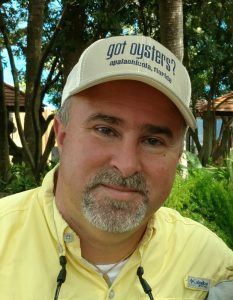 John Solomon has been the Executive Director of the Apalachicola Bay Chamber of Commerce for 6 years, the Franklin County Tourist Development Director for 2 years and President of the all-volunteer Board of Directors of the Florida Seafood Festival for 17 years. Before being elected to the Board of Directors, he worked security for the Seafood Festival and had attended for many years as it was just blocks away from where he grew up. Within 3 years he was elected president and has been ever since. John also served at the Franklin County Sheriff's Office for 20 years as Correctional Officer supervisor, IT Director and Evidence Officer ETC. Born in New Orleans, Solomon grew up in his hometown of Apalachicola and currently resides in Eastpoint, Florida with his wife. He has two children: a 14-year-old daughter and 32-year-old son.
John Solomon has been the Executive Director of the Apalachicola Bay Chamber of Commerce for 6 years, the Franklin County Tourist Development Director for 2 years and President of the all-volunteer Board of Directors of the Florida Seafood Festival for 17 years. Before being elected to the Board of Directors, he worked security for the Seafood Festival and had attended for many years as it was just blocks away from where he grew up. Within 3 years he was elected president and has been ever since. John also served at the Franklin County Sheriff's Office for 20 years as Correctional Officer supervisor, IT Director and Evidence Officer ETC. Born in New Orleans, Solomon grew up in his hometown of Apalachicola and currently resides in Eastpoint, Florida with his wife. He has two children: a 14-year-old daughter and 32-year-old son.
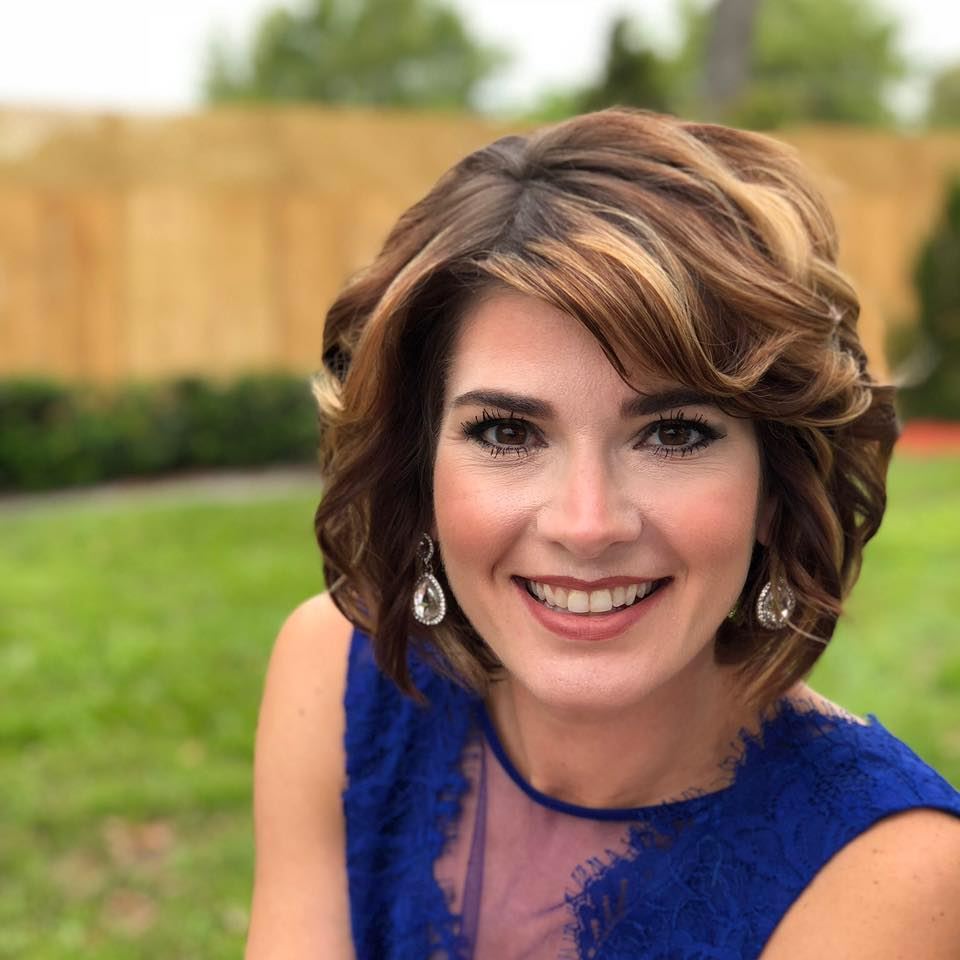
Jennifer Morgan is a Plant City native and strawberry farmer’s daughter. She is a graduate of the University of South Florida where she obtained a Bachelor's Degree in Education. Mrs. Morgan is currently the Public Relations and Media Representative of the Florida Strawberry Festival. She has spent many years volunteering and working within the fair industry and is grateful for the time-honored tradition. She has been married to her husband Brian of 15 years and they have two children, Rowen and Grymes.
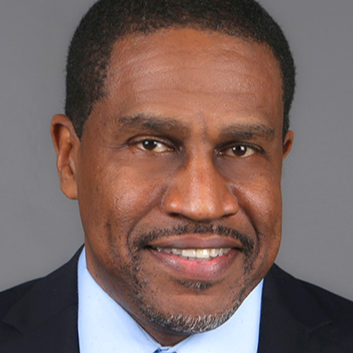
Boyzell Hosey is the Deputy Editor of Photography and Photojournalist for the Tampa Bay Times. He is also Co-Organizer of the yearly Tampa Bay Collard Green Festival.
Forum Host: Dell deChant is the Associate Chair of the Religious Studies Department at the University of South Florida and a member of the Board of Directors at the Florida Food Policy Council. He is also Organizer of the Florida Loquat Festival in New Port Richey.
Thank you to our sponsors for making this forum possible:
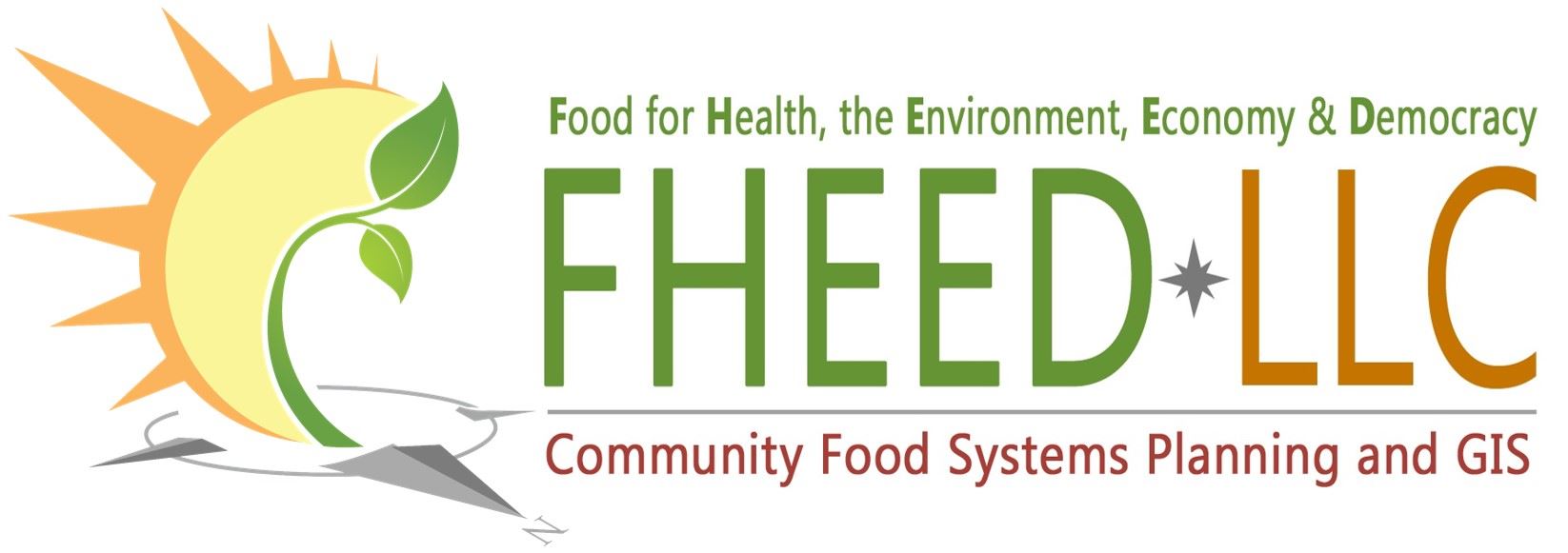 FHEED provides food systems planning, GIS analysis, advocacy, and education about food systems and healthy communities.
FHEED provides food systems planning, GIS analysis, advocacy, and education about food systems and healthy communities.
Contact: Anthony Olivieri, Founder, FHEED LLC
Website: www.FHEED.com
 J Haskins Law, located in Tampa, empowers communities with the legal and risk management tools they need to exercise food sovereignty. The contact for J Haskins Law is Jesse Haskins.
J Haskins Law, located in Tampa, empowers communities with the legal and risk management tools they need to exercise food sovereignty. The contact for J Haskins Law is Jesse Haskins.
Contact: Jesse Haskins, Founder, J Haskins Law
Website: www.jhaskinslaw.com
The Florida Food Forum is a free event. To support our work, please consider becoming a member or making a donation. For questions or more information, contact us at: info@flfpc.org
Disclaimer: The views of the presenters do not represent the views of the Florida Food Policy Council. We are a forum for the offering and sharing of information and encourage diversity and communication within the food system.